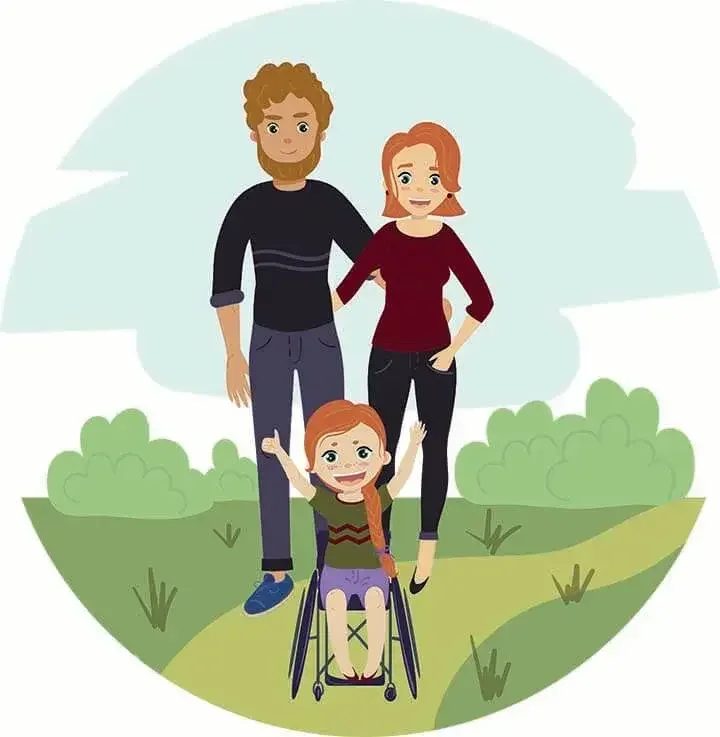Many parents know about the importance of estate planning so their assets are distributed according to their wishes after they're gone. While some see this as something they “really should do," parents of special needs children know it is essential, not optional.

According to U.S. Census Bureau figures, of the 12.7% of non-institutionalized Americans with disabilities, about half of them—6.2%—are children 17 and younger. Another 6.4% of the total are between 18 and 34, and 12.7% are between 35 and 64. Their challenges range from Down syndrome to autism, blindness, cerebral palsy, and more. Whether the offspring are minors or adults, parents want to protect their special needs child's quality of life and care for as long as possible.
One of the most important considerations of estate planning for special needs children is whether the child is receiving needs-based government assistance. This typically includes Supplemental Security Income (SSI) and Medicaid.
“Families fight hard to get these benefits and don't want to lose them," says elder law attorney and financial advisor Patrick Simasko.
The goal for many families, then, is to provide for supplemental needs and care in a way that doesn't jeopardize those benefits. Here are options parents consider most often and what many experts recommend as the best solution for most.
Leave an inheritance for the special needs child
It's likely that an inheritance will make the special needs child ineligible for government assistance. As a result, they will have to use the inheritance to pay for care and support, which often depletes funds quickly.
When that money's gone, the offspring might qualify for aid again but won't have funds left for the supplemental support that often contributes to a better quality of life.
Leave the estate to the special needs child's siblings
In this situation, the parents bequeath everything to a sibling or siblings with instructions to use some of it to take care of the special needs child.
This can work for some families, but not others. For example, the inheriting sibling might not be trustworthy. Or, if that sibling dies and leaves everything to a surviving spouse or children, the money leaves the original family.
Divorce can have the same impact because money intended for a special needs child will likely be included in the couple's assets and divided in the settlement or court decree.
“I had a situation recently where the parents of two wanted to leave everything to the brother and trust that he would watch over his special needs sibling," Simasko says. “Unfortunately, the two brothers don't get along. You have to take 'hope' out of the equation."
Create a supplemental special needs trust
Estate attorneys and financial advisors generally agree that this is the preferred option in most situations.
Hal Wright, a retired financial planner who wrote The Complete Guide to Creating a Special Needs Plan and has an adult daughter with Down Syndrome, says the key question is: “How can we set aside money for our child's wellbeing that is not counted as the child's asset?"
Wright and Simasko recommend creating a special needs trust drafted in accordance with Social Security Act and Medicaid regulations. This approach gives the trustees “absolute discretion" about how to spend the funds on the child's behalf.
“In this case, the child has no legal right," Wright says.
You want a supplemental special needs trust that is revocable—changeable—for flexibility as situations change. A revocable trust converts to an irrevocable trust at the settlors' deaths
Assemble an estate planning team
Wright advises a team approach to estate planning for a special needs child.
"Consult and coordinate with an elder law attorney, financial advisor, care planner and trust officer," he says. It's the best way to make informed decisions that protect your child for as long as necessary.

